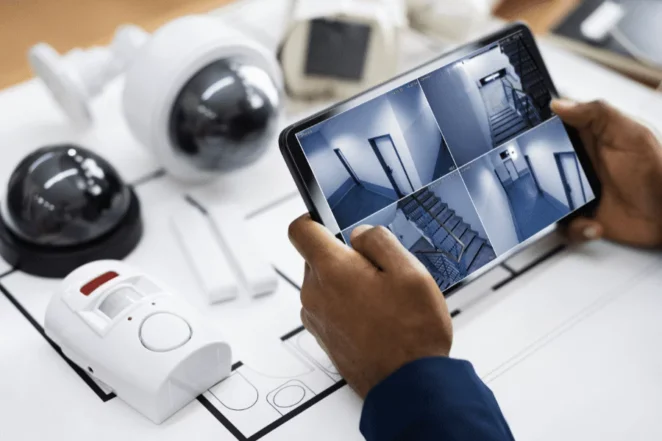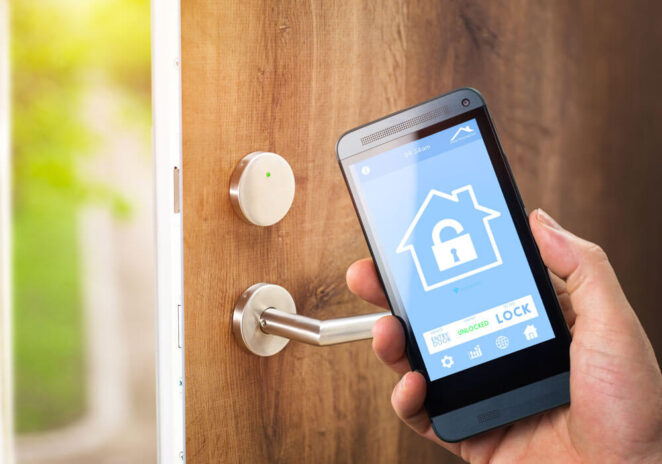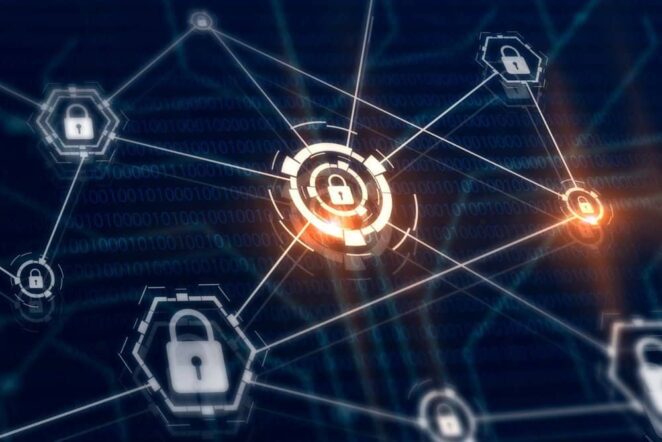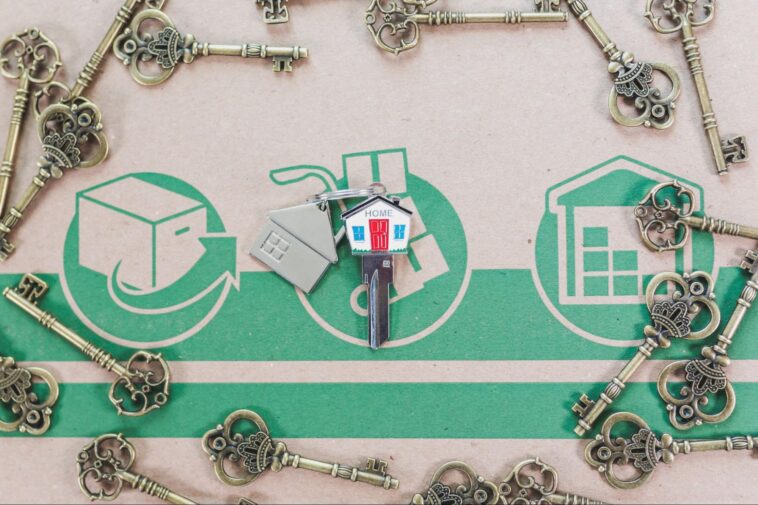In an increasingly uncertain world, ensuring the safety and security of our homes has become a top priority. With the advancements in technology, home security systems have become a practical and effective solution for providing ultimate peace of mind.
This article explores the importance of home security systems, the different types of surveillance cameras available, the benefits of smart locks, and how motion sensors can enhance security.
Additionally, it highlights the significance of 24/7 monitoring to maintain a secure and protected living environment.
Importance of Home Security Systems

Home security systems are essential for safeguarding your property and ensuring the protection of your loved ones. With the increasing rates of burglaries and home invasions, it is crucial to invest in a reliable security system installation. By installing a home system, you can deter potential intruders and have peace of mind knowing that your property is protected.
When it comes to home security, there are several important tips to keep in mind. First, ensure that all entry points, such as doors and windows, are secure and have proper locks. Additionally, consider installing motion sensor lights around your property to deter intruders. It is also recommended to have a monitored alarm system that can alert authorities in case of an emergency. Finally, do not forget to regularly maintain and test your security system to ensure its effectiveness.
Types of Surveillance Cameras
One of the key components of a comprehensive home security system is the installation of surveillance cameras. Surveillance cameras play a crucial role in monitoring and recording activities inside and outside your home, providing you with valuable evidence in case of any breaches.
When choosing surveillance cameras for your home, you need to consider whether you require outdoor or indoor cameras. Outdoor cameras are designed to withstand harsh weather conditions and have features like night vision and motion detection. On the other hand, indoor cameras are more discreet and can be placed inside your home to monitor specific areas.
Another factor to consider is whether to opt for wired or wireless cameras. Wired cameras require a physical connection to a power source and a recording device, while wireless cameras offer flexibility and ease of installation as they transmit video signals wirelessly to a recording device or your smartphone.
Benefits of Smart Locks

With their advanced technology and convenient features, smart locks offer an array of benefits for enhancing home security.
One of the key advantages of smart locks is the ability to have remote access to your home. This means that you can lock or unlock your doors from anywhere using your smartphone or computer. Whether you forgot to lock the door before leaving or need to let someone into your home while you’re away, remote access provides an added layer of convenience and peace of mind.
Additionally, smart locks offer keyless entry, eliminating the need for traditional keys. This reduces the risk of lost or stolen keys and allows you to easily grant access to family members, friends, or service providers without the hassle of physical keys.
Smart locks are a practical and effective solution for modern home security.
Enhancing Safety With Motion Sensors
To enhance home security, a crucial step is to incorporate motion sensors into your existing system.
Motion sensors are an effective tool for detecting any unauthorized movement in and around your home. They work by sending signals to your security system when they detect changes in infrared energy or movement within their range.
One important consideration when choosing motion sensors is whether to opt for wireless or wired options. Wireless motion sensors offer flexibility in terms of placement and are easier to install, while wired sensors require professional installation but offer a more reliable connection.
Another advantage of motion sensors is their ability to integrate with home automation systems. By connecting your motion sensors to your home automation system, you can receive real-time alerts and even remotely control your security system.
24/7 Monitoring for Peace of Mind

Enhancing home security with motion sensors also involves implementing monitoring systems for ultimate peace of mind.
When it comes to monitoring, homeowners have the option of choosing between DIY or professional monitoring. DIY monitoring involves setting up and managing the security system on your own, while professional monitoring entails hiring a company to oversee your home’s safety 24/7.
One of the advantages of professional monitoring is that it provides a higher level of security expertise and support. Security professionals are trained to respond quickly and effectively to any alarms or emergencies, ensuring that appropriate actions are taken. Additionally, professional monitoring services often include features such as video surveillance and remote access to your safety system, allowing you to monitor your home from anywhere at any time.
On the other hand, DIY monitoring can be a more cost-effective option for those who are tech-savvy and willing to take on the responsibility of managing their own security system. DIY monitoring allows you to customize your setup according to your specific needs and preferences.
Ultimately, the choice between DIY and professional monitoring depends on your individual circumstances and priorities. It is important to carefully consider factors such as your budget, level of technical expertise, and the desired level of security and support before making a decision.
Frequently Asked Questions
Are Home Systems Only Necessary for Houses in High-Crime Areas?
Home security systems are not only necessary for houses in high-crime areas. They provide a proactive approach to protecting your property and offer benefits such as deterring potential burglaries.
Can I Install Surveillance Cameras on My Own, or Do I Need Professional Help?
When it comes to installing surveillance cameras, homeowners have the option of doing it themselves or hiring professionals. While DIY installation may be possible for some, professional help ensures proper setup, optimal functionality, and peace of mind.
Do Smart Locks Require an Internet Connection to Function Properly?
Smart locks do not require an internet connection to function properly, but some features may be limited. They may have backup power options, and while no system is completely hack-proof, smart locks employ advanced encryption to enhance security.
How Do Motion Sensors Differentiate Between Normal Movement and Potential Threats?
Motion sensor technology used in home security systems utilizes various techniques to differentiate between normal movement and potential threats, such as heat detection, infrared technology, and pattern recognition. These advanced features help prevent false alarms and ensure optimal security.
What Happens if the System Detects an Intrusion While I’m Not at Home?
If a security system detects an intrusion while you are not at home, it can activate its remote monitoring feature, which allows it to send alerts or notifications to your phone or designated contacts, ensuring prompt action can be taken to address the situation.




